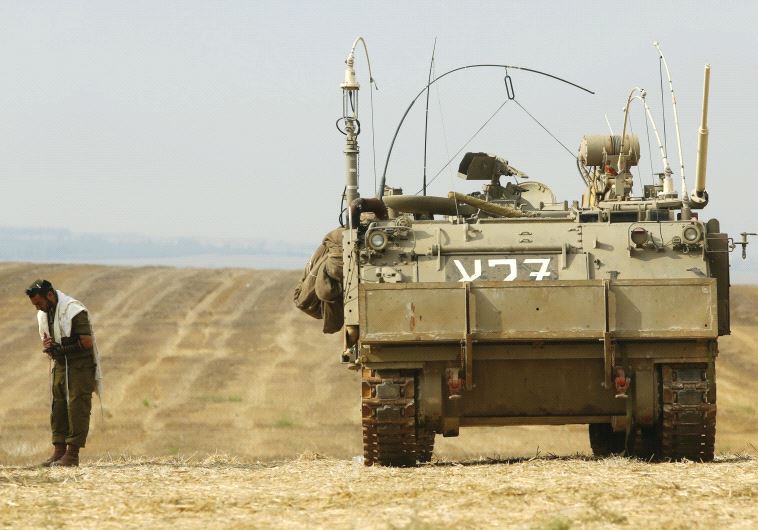State comptroller report on 2014 Gaza war due today
The 50-day war led to the deaths of 74 Israelis, some of whom were soldiers killed in surprise attacks from tunnels.
 A soldier prays near the border with the Gaza Strip in July 2014(photo credit: MARC ISRAEL SELLEM)Updated:
A soldier prays near the border with the Gaza Strip in July 2014(photo credit: MARC ISRAEL SELLEM)Updated: